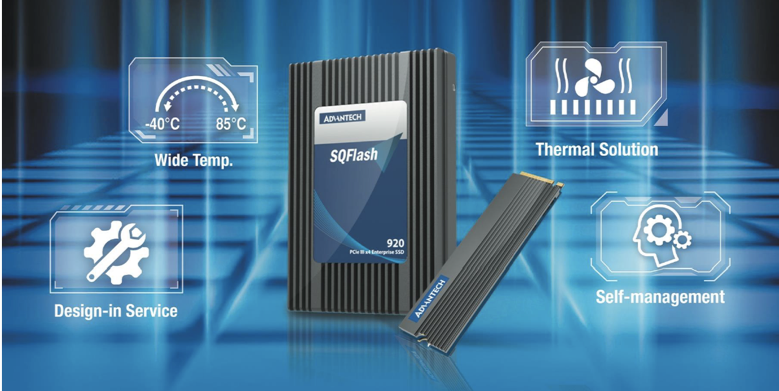
The Impact of SSDs on Computer Performance
Introduction
The introduction of Solid-State Drives (SSDs) has revolutionized the computer industry by dramatically enhancing the performance and user experience. Unlike traditional Hard Disk Drives (HDDs) that use mechanical components and spinning disks to store data, SSDs utilize flash storage technology to store and retrieve data electronically. This article explores the profound impact SSDs have had on computer performance and why they have become an essential component in modern computing systems.
Speed and Responsiveness
One of the key advantages of SSDs over HDDs is their remarkable speed and responsiveness. Due to the absence of moving parts, SSDs offer significantly faster read and write speeds, resulting in faster boot times and quicker application launches. With an SSD-equipped computer, you can perform tasks with lightning-fast speed, enhancing your productivity and eliminating frustrating delays.
Reduced Load Times
Applications and games installed on an SSD load significantly faster compared to their HDD counterparts. Whether you’re opening a heavy software program or launching your favorite game, SSDs significantly reduce the time it takes to access and load data. This not only saves time but also improves the overall user experience, providing seamless and fluid performance.
File Transfer and Multitasking
SSDs excel when it comes to file transfer speeds and multitasking capabilities. Transferring large files between drives or copying data within the same drive becomes much faster, enabling quicker backups and data migration. Additionally, SSDs handle multitasking with ease, allowing you to run multiple applications simultaneously without experiencing lag or system slowdowns.
Improved Boot Times
A common frustration with traditional HDDs is the slow boot-up process. Waiting for several minutes for your computer to start can be incredibly frustrating. However, with an SSD, boot times are significantly reduced to mere seconds. This means you can power up your system and start working or gaming almost instantly, saving precious time and improving efficiency.
Enhanced Durability
Unlike HDDs, SSDs are built without any moving parts, making them highly resistant to physical shocks, vibrations, and temperature fluctuations. Their solid-state design offers enhanced durability, allowing them to withstand accidental drops, thus minimizing the risk of data loss or drive failure. This durability also contributes to the longevity of the drive, making it an excellent long-term investment.
Conclusion
SSDs have revolutionized computer performance by delivering unmatched speed, responsiveness, reduced load times, and improved file transfer capabilities. Additionally, their enhanced durability ensures a longer lifespan and reduced risk of data loss. As the tech industry continues to advance, SSDs have become an indispensable component in modern computing systems, providing a significant boost to overall performance and user experience.

